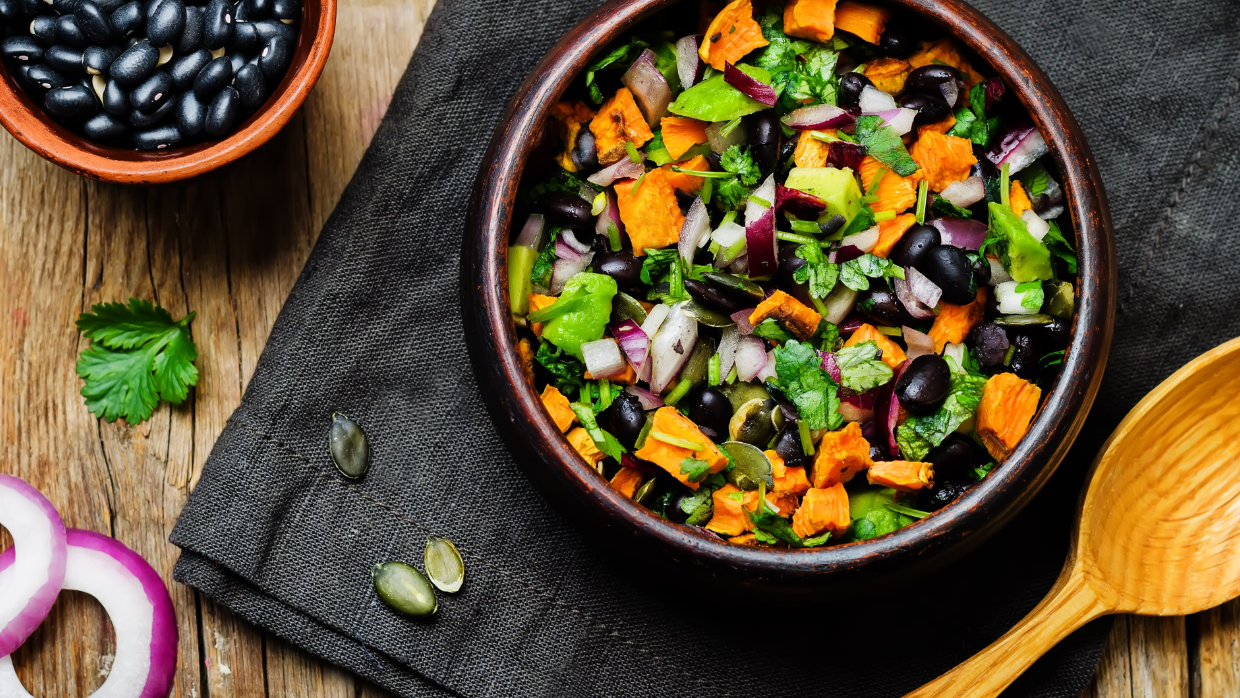What Is Sustainable Food?
Eating sustainably is about choosing foods and adopting habits that support the health of the planet, your own well-being and your community.
Despite the myth that eating sustainably requires giving up meat entirely—the findings reinforced that balance is key. In fact, even among the most committed sustainable eating consumers, meat consumption remains common. While 51% of those interviewed still consumed meat a few times a week, 86% of those who did not adopt a fully plant-based diet had also reduced their red meat intake.


